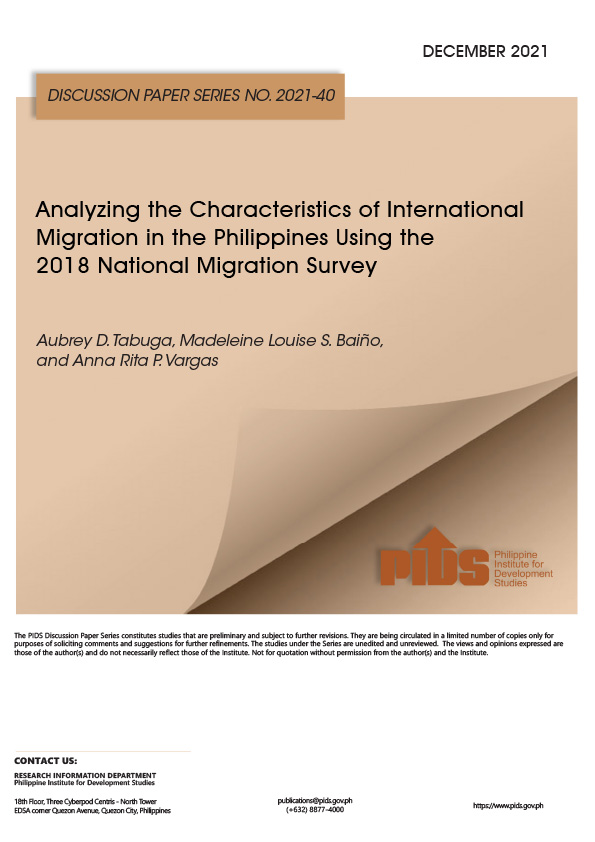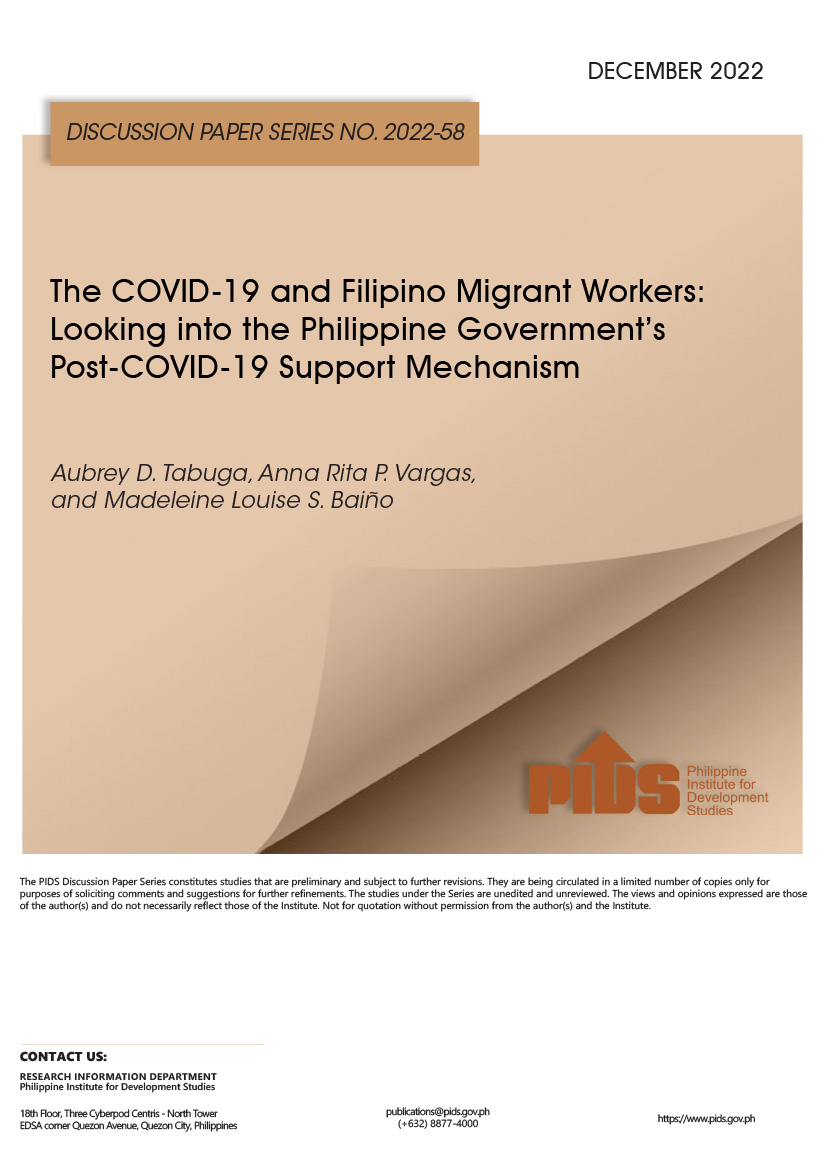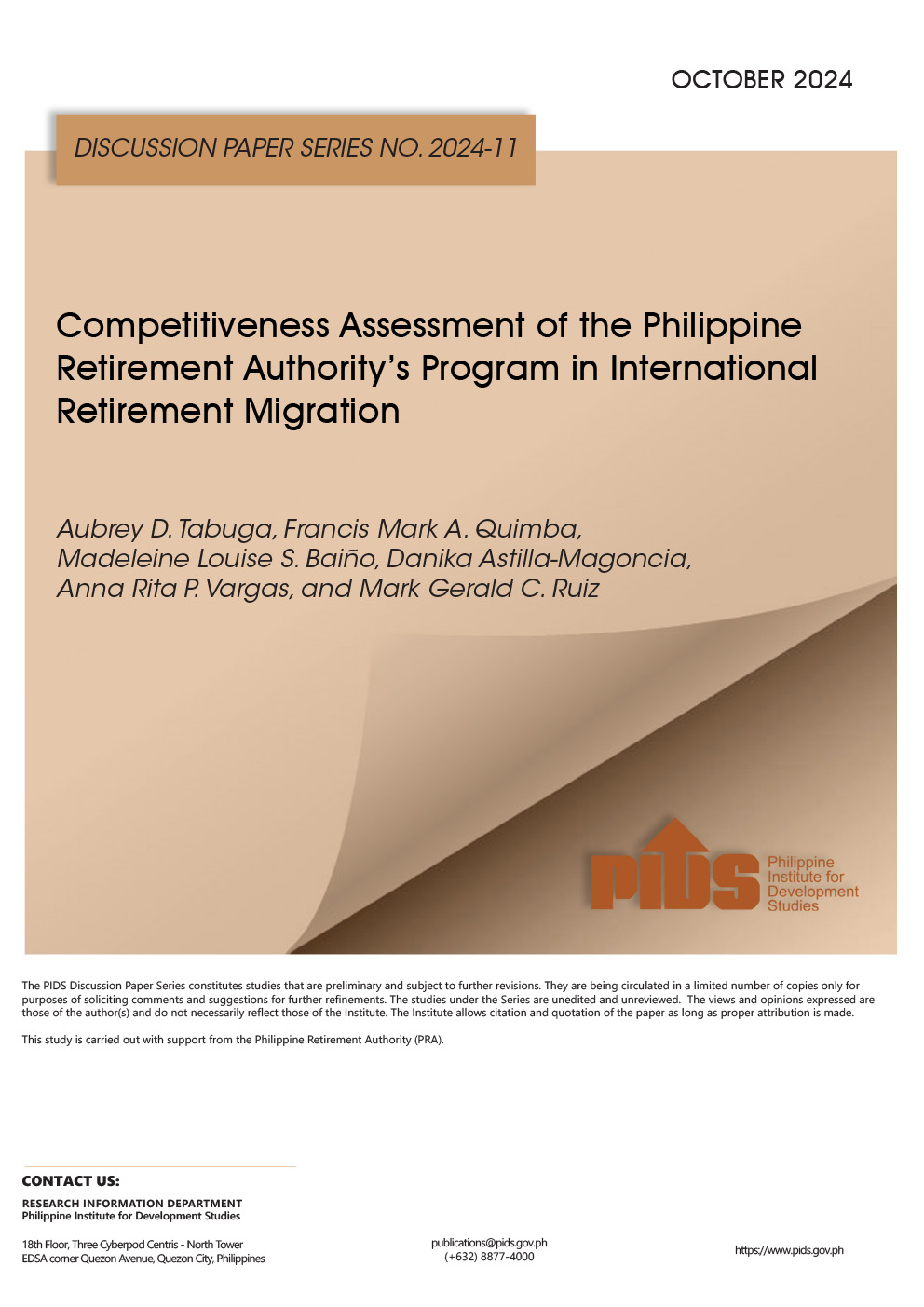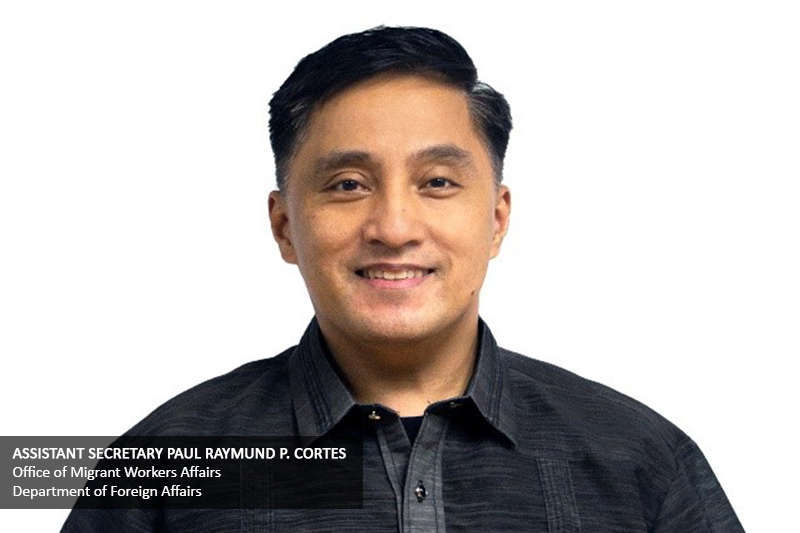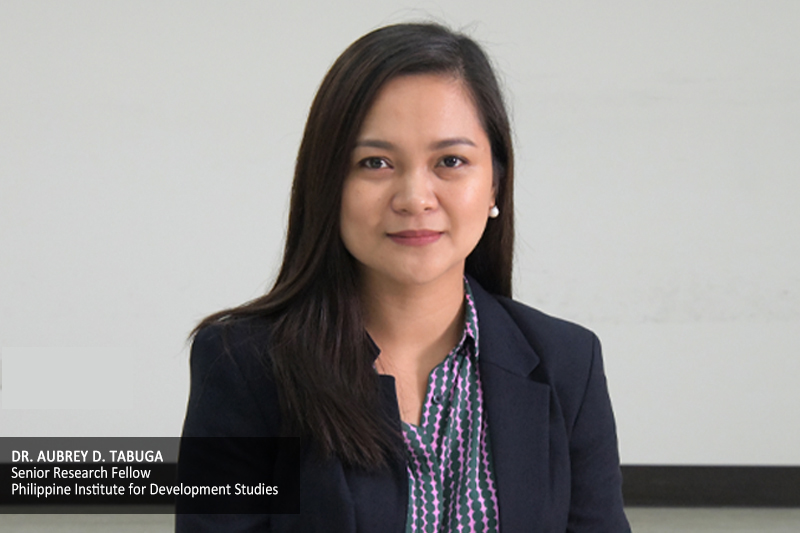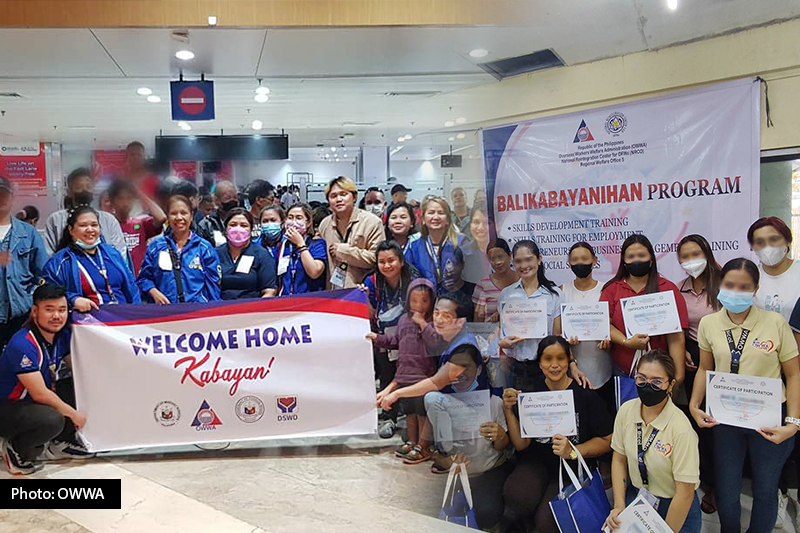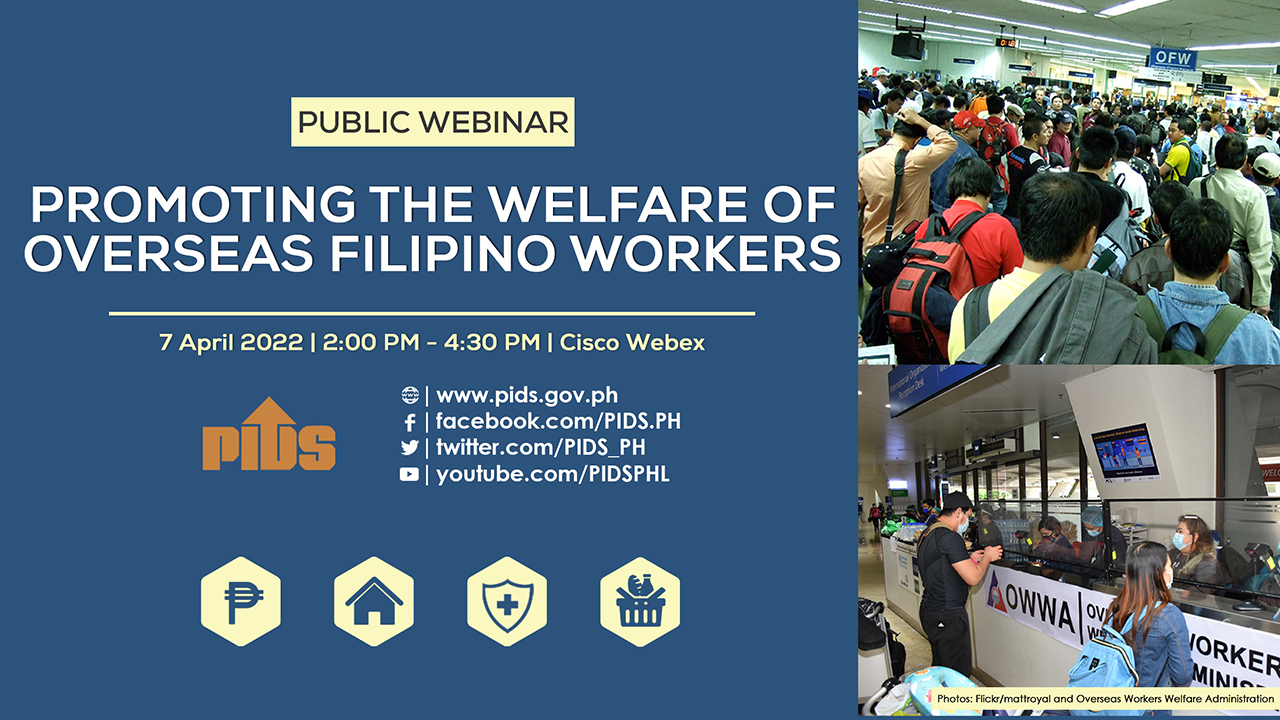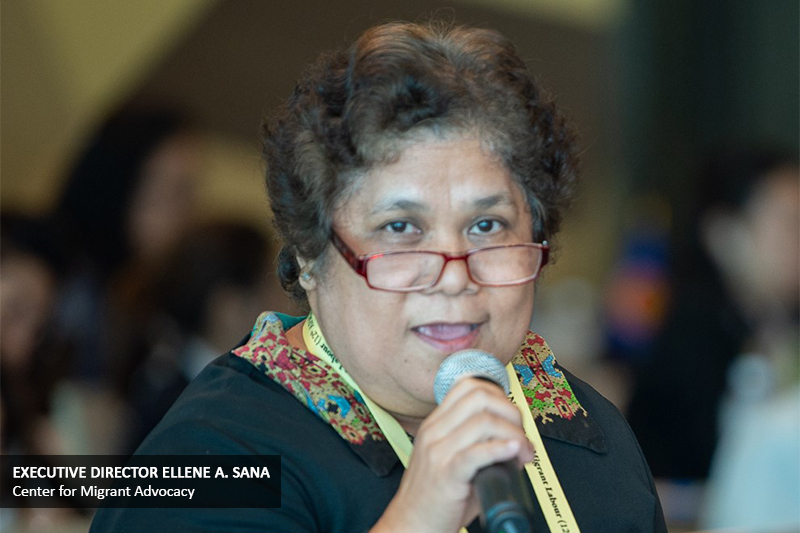
Migrant domestic workers should be given access to social protection even in their countries of destination.
This was one of the key messages of Center for Migrant Advocacy Executive Director Ellene Sana during a webinar on Filipino migrant workers’ access to social protection recently organized by the Philippine Institute for Development Studies (PIDS).
“We observe a lot of exclusion, particularly in the countries of destination, in terms of the policies to access social protection or grant social protection to migrant workers,” Sana pointed out.
“Malaki po yung proportion ng low-wage migrant workers natin, specifically our women migrant workers in low-wage and low-skilled occupations such as domestic work, na excluded from labor and social protection laws,” she added.
Moreover, Sana noted that in countries that provide social protection programs, these are made available to migrant workers mostly as a “response to immediate and temporary protection”, such as accommodation and food, adding that medium- and long-term benefits are lacking.
This problem became evident during the COVID-19 pandemic, with stranded Filipino migrant workers being excluded from assistance in the countries where they are working.
For her, one reason for the exclusion of migrant domestic workers in social protection policies is they are not recognized as regular workers in their countries of destination.
There is also a notion that migrant domestic workers find it difficult to shoulder their contributions. In Singapore, for instance, Sana mentioned that migrant domestic workers are being asked if they are willing to enroll in the country’s social security program.
“I think the point is for the state to make regulations, so that not only one party is paying for the contribution. The whole idea of social security is the solidarity contribution coming from both the workers and employers,” Sana explained.
Sana also identified other gaps, such as the OFWs’ low awareness of social protection programs in the Philippines and their countries of destination.
To address these challenges, Sana urged the government to proactively negotiate for social protection measures that include migrant domestic workers in the bilateral labor agreements.
She added that there should be proactive monitoring of private recruitment agencies and employers to ensure they comply with the social protection provisions in the employment contracts.
“Social protection is meant to be a solidarity program of social partners, employers, at ang gobyerno to regulate, and the workers,” she explained.
Sana also highlighted the need to invest in social protection programs.
“Investment should come from the duty bearers to cover the ‘here and now’ and during emergencies and for long-term protection benefits,” Sana said, noting that social protection programs must be inclusive, effectively accessed, and enjoyed by all, including migrant workers. ###
You may watch the webinar at https://fb.watch/cetxke7ICh/ or https://youtu.be/WS9hbNc5CUQ.
For more videos of PIDS events, go to https://www.pids.gov.ph/videos.

